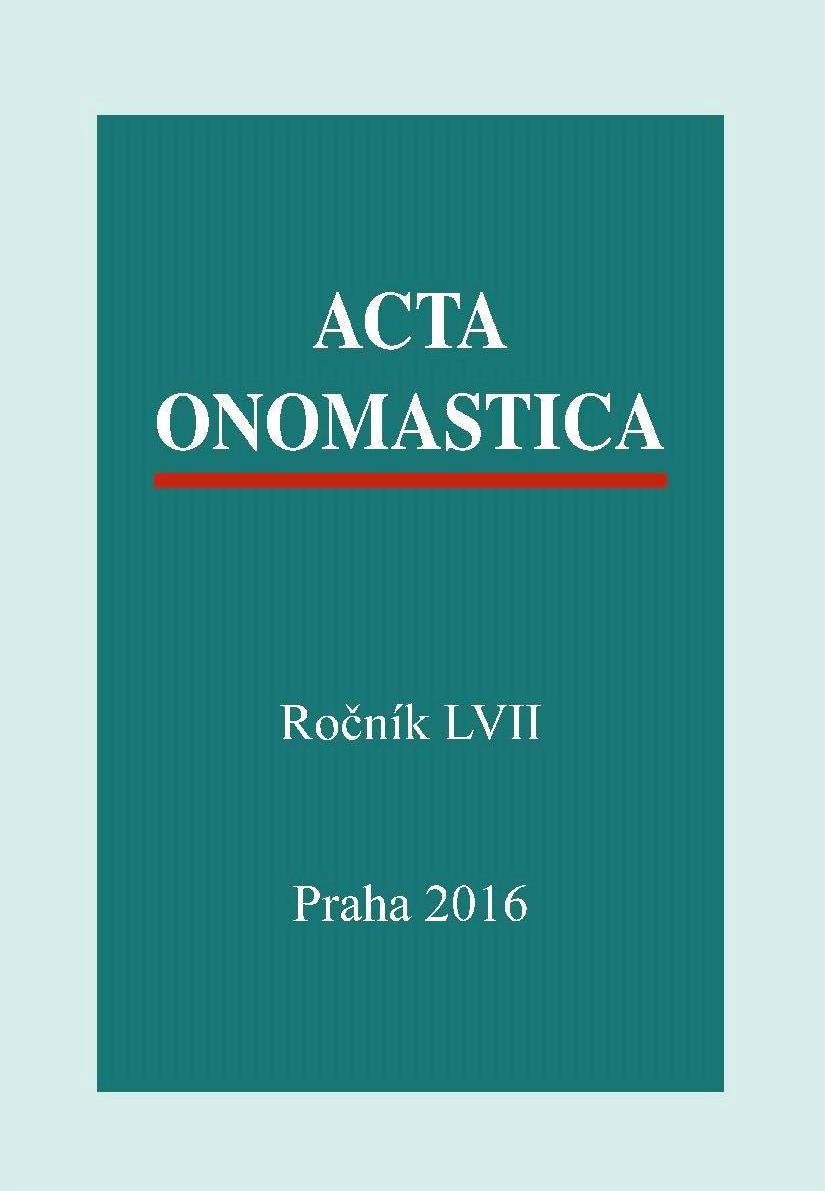The Typology of Structural and Semantic Peculiarities of Informal Personal Names in the Kazakh, Russian and German Languages
The Typology of Structural and Semantic Peculiarities of Informal Personal Names in the Kazakh, Russian and German Languages
Author(s): Tolkyn AbdrakhmanovaSubject(s): Language and Literature Studies
Published by: AV ČR - Akademie věd České republiky - Ústav pro jazyk český
Keywords: onomastics; anthroponyms; informal names; nicknames; personal names; hypocoristic; diminutive; augmentative; and pejorative hypocoristic; diminutive; augmentative; and pejorative names
Summary/Abstract: The article “The Typology of Structural and Semantic Peculiarities of Informal Personal Names in the Kazakh, Russian, and German Languages” is devoted to study of many aspects of informal names in three different languages (Kazakh, Russian and German): the structure, semantics, motives, the cultural and national identity. As the Kazakh, Russian, and German languages belong to different structural systems, their informal personal names differ in structure and word formation, semantic models and national peculiarities of motivation. The structure of informal personal names includes qualitative names (hypocoristic, diminutive, augmentative, and pejorative) and nicknames (ameliorative, group, andronyms, mocking, school, derogatory words). The most productive way of forming emotionally expressive forms of personal names in the researched languages is morphological (affixation).
Journal: Acta Onomastica
- Issue Year: LVII/2016
- Issue No: 57
- Page Range: 7-19
- Page Count: 13
- Language: English

